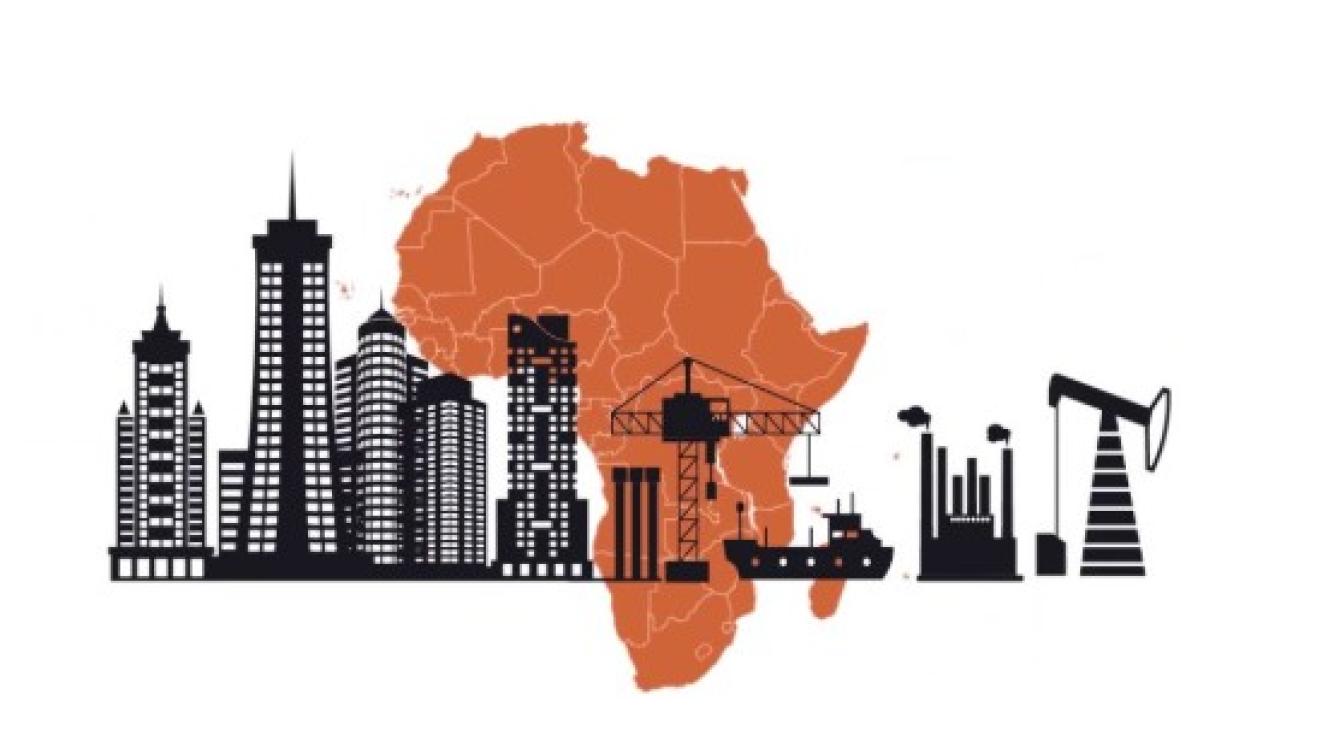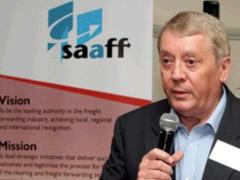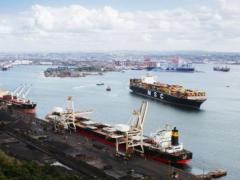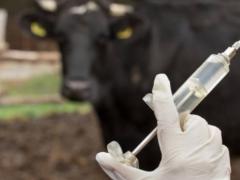Sub-Saharan Africa’s economy is maintaining momentum despite heightened global policy uncertainty, according to the World Bank’s October 2025 edition of Africa’s Pulse.
Following a slowdown in 2023, regional activity is expected to expand by 3.8% in 2025, up from 3.5% in 2024, with growth projected to accelerate further to an average of 4.4% in 2026-27.
Consumer price inflation has continued to ease across most countries in the region, though at different rates.
After peaking at 9.3% in 2022, the median inflation rate fell to 4.5% in 2024 and is expected to stabilise between 3.9% and 4.0% annually over 2025-26.
While economic growth provides opportunities, the report highlights persistent challenges in the labour market.
Most new entrants secure employment in low-productivity and informal sectors, which offer limited prospects for rapid income growth, poverty reduction and social mobility. Only 24% of jobs are wage-paying, with the figure falling even lower outside Southern Africa.
The World Bank emphasises that the region needs a new growth model focused on medium-sized and large enterprises, which are critical for driving productivity and creating quality jobs. Without structural reforms, the benefits of growth risk remaining concentrated and unevenly distributed.
The report underlines a cautiously optimistic outlook, signalling that steady growth and declining inflation are achievable, but meaningful improvements in employment and living standards will require decisive policy action.













